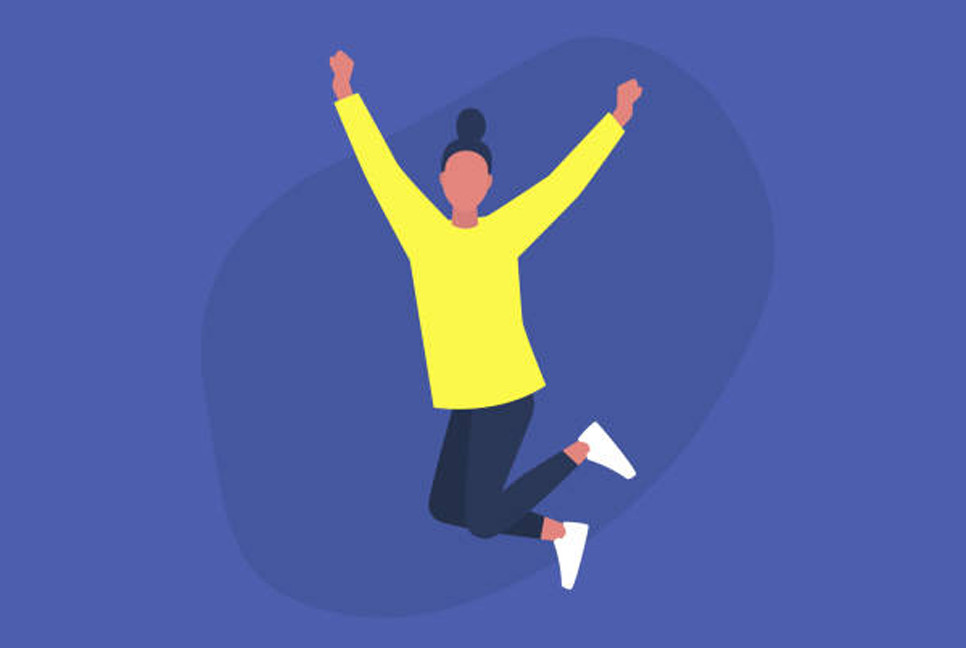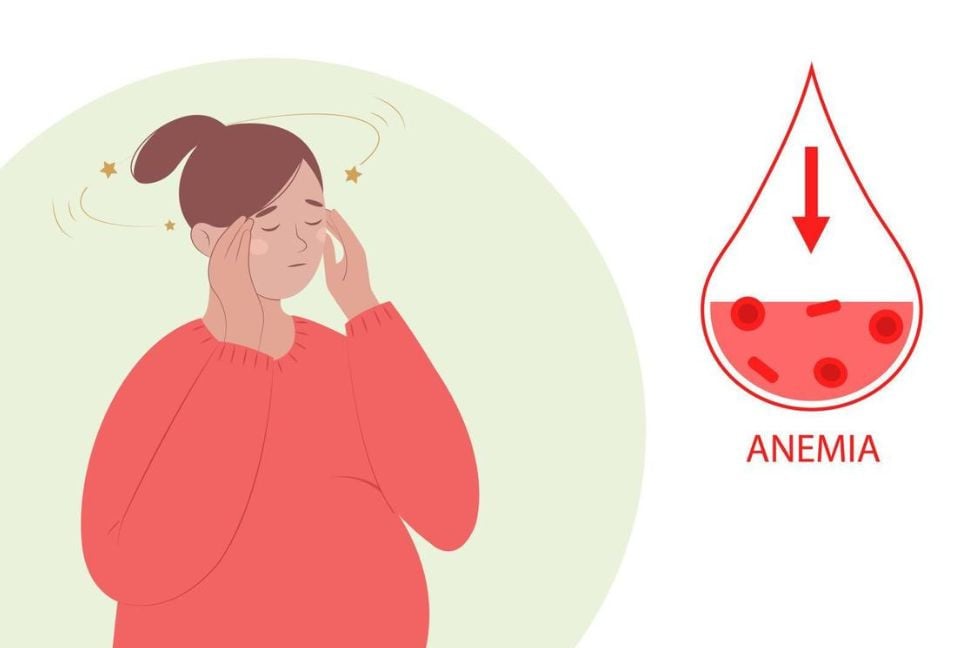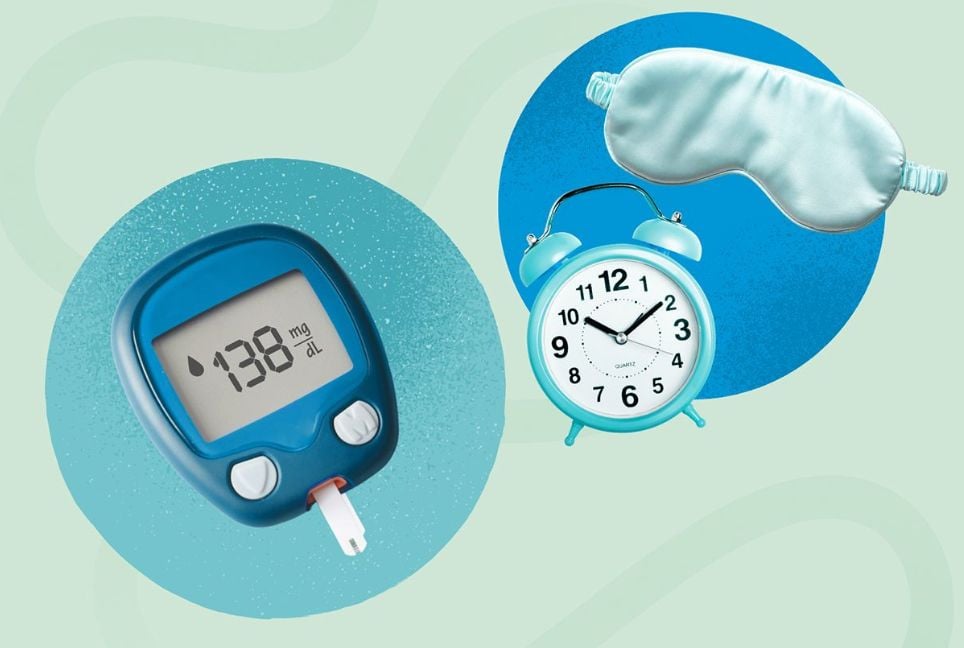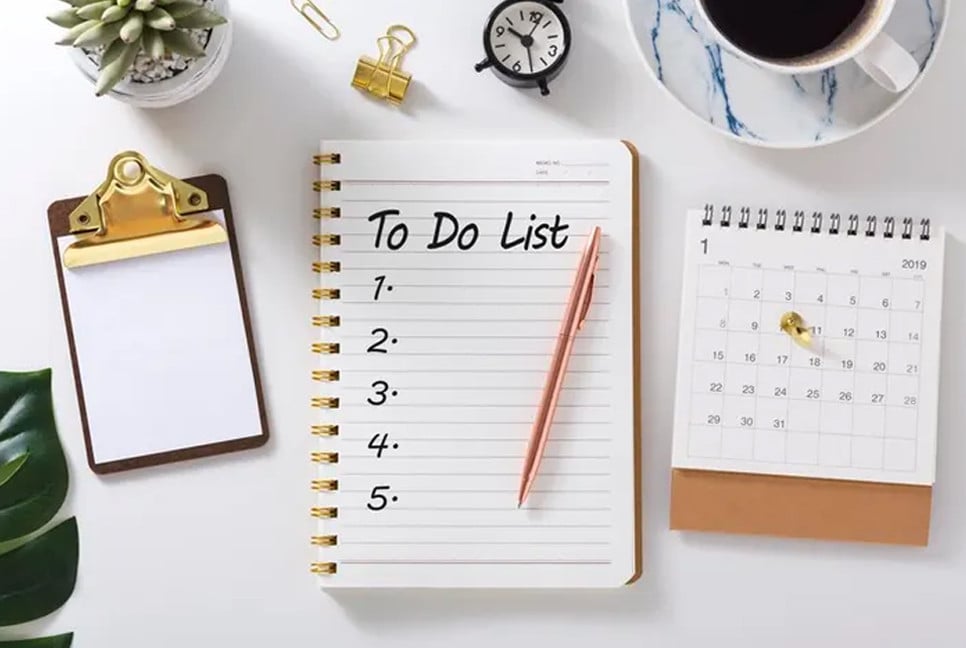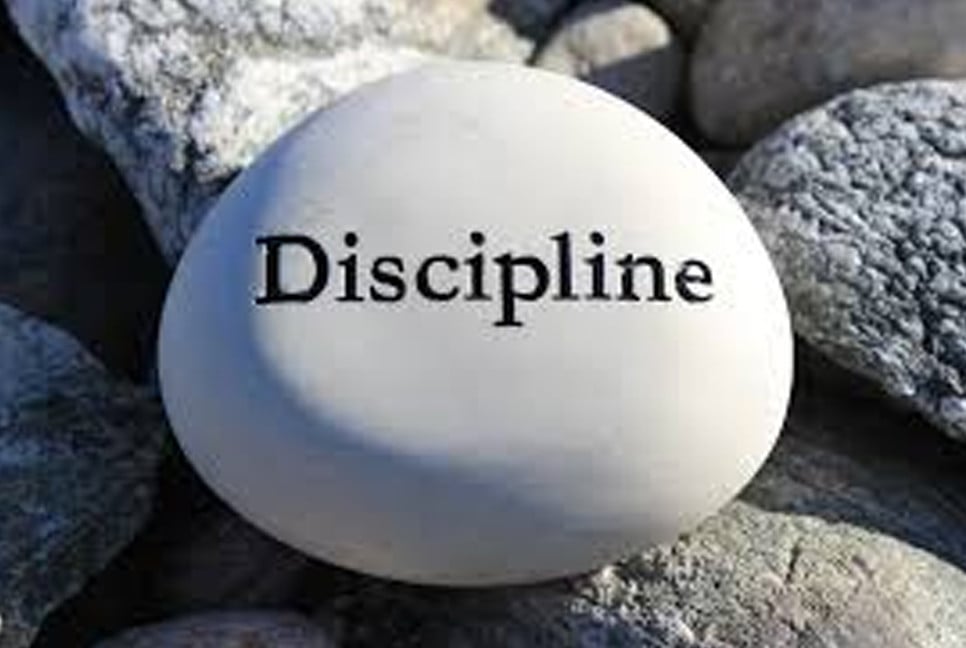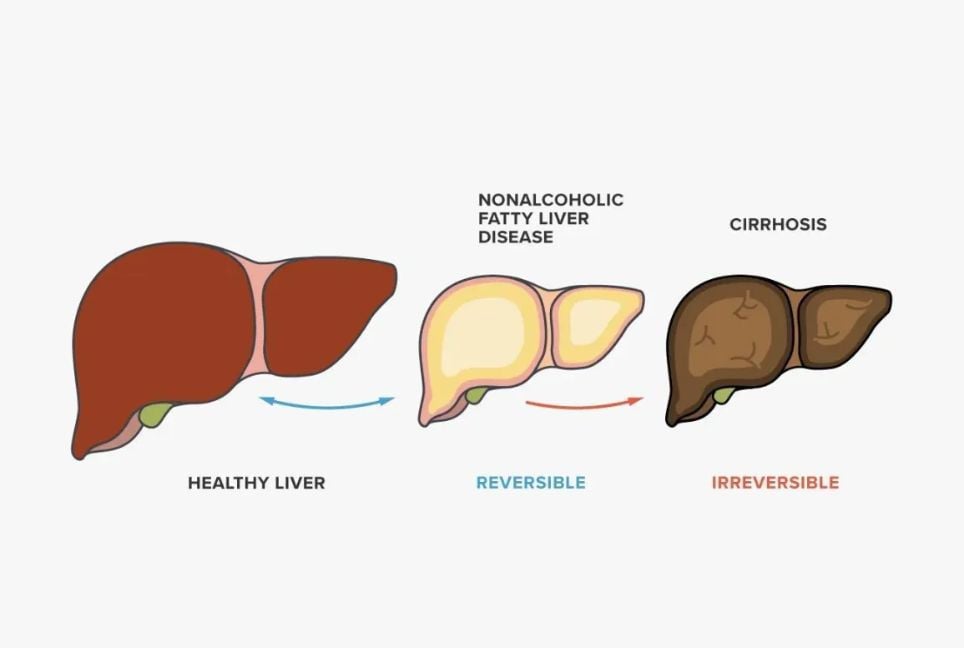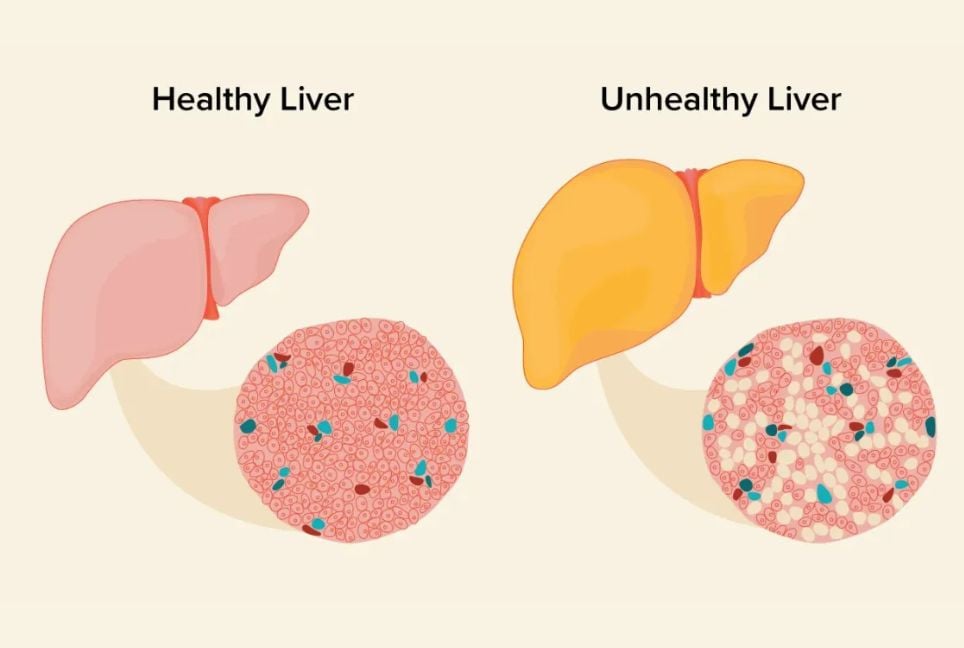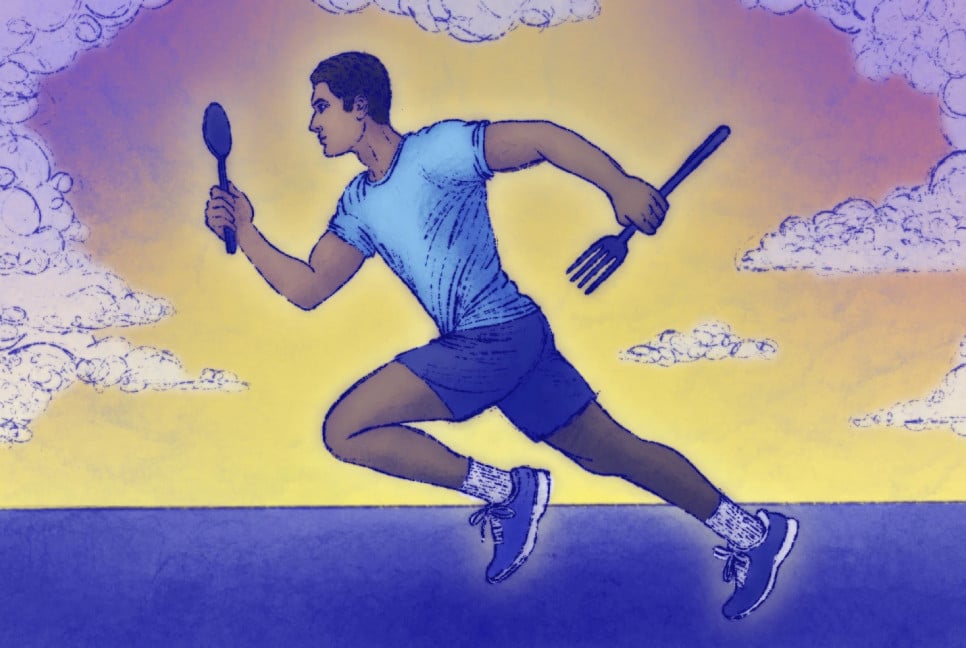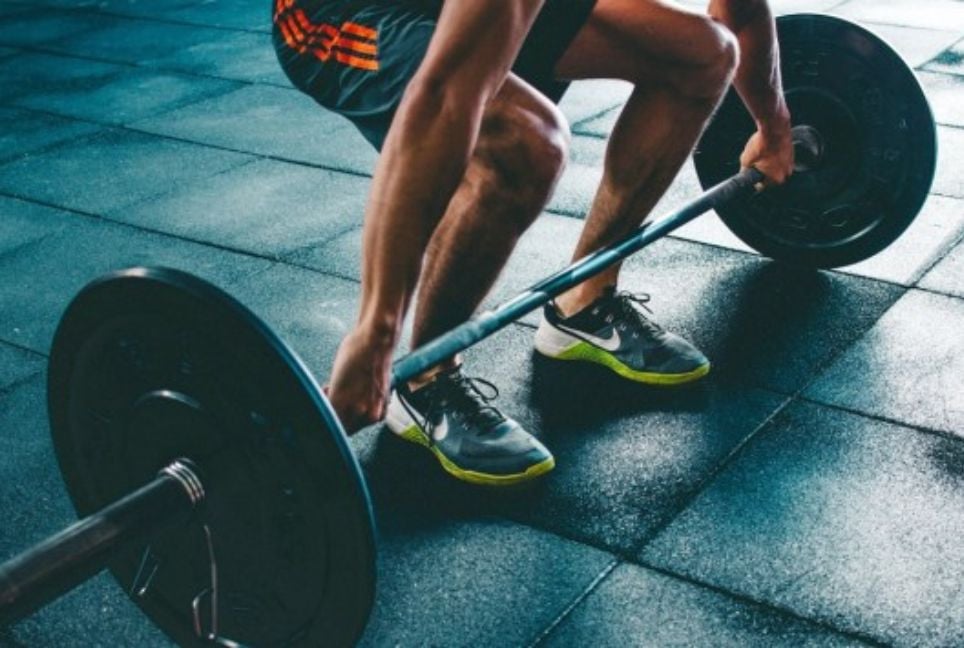As we step into the New Year, many of us are looking for ways to boost our energy levels and tackle the daily grind with more vitality. Experts share simple tips, from stretches to diet and breathing techniques, to boost your energy in the New Year. Small changes can have a big impact on your physical and mental well-being.
Bend like a banana
Psychologist Suzy Reading, author of Self-Care for Winter, explains that side bends stretch the muscles between the ribs, helping us breathe better and feel more energetic. To do it, either sit or stand, raise one arm overhead to form a banana shape, breathe in, then lower your arm back down as you exhale. Repeat five times on each side.
Ban the snooze button
Sleep expert Dr. Neil Stanley explains that alarms are meant to startle you, which can increase your heart rate and stress. It’s better to set your alarm for the last possible moment and get up right away, instead of snoozing multiple times.
Dr. Emily Leeming, a microbiome scientist, says that drinking two glasses of water in the morning helps boost energy, mood, and brain function, as the brain is 75% water and sensitive to even a small drop in hydration.
Time your coffee right
Dr. Amy Shah, author of ‘I’m So Effing Tired’, explains that drinking coffee 30–60 minutes after waking up allows your body to naturally increase cortisol levels. This helps you get the most benefit from caffeine without disrupting your natural rhythm, making you feel more energized and focused.
Get out early doors
“The circadian clock is of central importance to sleep and wake cycles, including the circuits in the brain that impact wakefulness and arousal,” says David Bechtold, professor of physiology at the University of Manchester’s Centre for Biological Timing. “Finding decent light exposure outside – despite the grey weather – is key.” Think it’s too gloomy to make a difference? Not so, as “both light intensity and light spectrum – the ‘colours’ of light that change across the day – are important”, and morning is prime time.
“It depends on the light intensity but it’s safe to say a 30-minute walk should do it,” adds Russell Foster, professor of circadian neuroscience at Oxford University.
Failing that, buy a Sad lamp
If you can’t get outside, Prof Foster recommends a light therapy lamp. “5,000 lux for 30 minutes in the morning sets our body clock so that the ‘internal’ day is aligned with the ‘real’ day. Without this daily synchronisation, biological systems drift apart. It’s a bit like an orchestra where all the musicians play at a slightly different time. Light acts as the conductor to bring everything into harmonious alignment, which also increases our alertness and energy levels.”
Aim for less than 90 minutes a day of social media
Mental fatigue (described by Dr Shaun Phillips, senior lecturer in sport and exercise physiology at the University of Edinburgh, as “difficulty concentrating, reduced motivation to complete tasks, and a general sluggish or foggy sensation”) can be brought on by incessant scrolling. “Research suggests that just 90 minutes a day (much less than the worldwide daily average) can have a negative impact.” Set some limits!
Fill up on fibre
Only 9% of UK adults meet the recommended fiber intake, which is important for gut health, says Dr. Emily Leeming. Healthy gut bacteria break down fiber to produce metabolites that support energy levels, blood sugar control, and metabolism. Fiber also slows sugar absorption for sustained energy. To boost intake, eat beans, lentils, whole grains, leafy greens, berries, nuts, and seeds.
Time activity right
“If you have difficulty getting up in the morning, that’s the time to do high-intensity cardiovascular exercise,” says personal trainer Dalton Wong. “A high-intensity class where our cortisol gets ramped up can give us energy – like a cup of coffee.”
The opposite is true for strength and conditioning, which done first thing “could be fatiguing, so do it in the afternoon when you’re properly fed and hydrated. That little bit of a cortisol will give you a little more energy though the evening.”
Use aromatherapy
A 2022 clinical trial found that inhaling a blend of thyme, orange, clove bud, and frankincense improved energy levels in female COVID-19 patients. Dr. Mark Moss explains that belief in a remedy and liking a fragrance can enhance its effects. Aromas stimulate the olfactory bulb, which communicates with the brain, potentially boosting mood, memory, and energy by affecting brain cells.
Don’t be a slave to the calendar
Exercise is great for energy, but “be fluid with your schedule”, says Wong. “If you’ve had a crazy work deadline, had planned to go to the gym today but you’re already dreading it, go tomorrow – or on the weekend.” Also, “If you feel good exercising three times a week, keep it at three times a week – don’t push it or you’ll burn yourself out.”
Try exercise snacking
Phillips, whose research addresses fatigue and human performance, says: “We’re discovering that activity lasting as little as five minutes may benefit our perceptions of energy and fatigue. So if you’re feeling sluggish, do the opposite of what you feel – be active in any way you like – but do it for at least five minutes.”
Try diaphragmatic breathing
When you’re sinking into your desk chair, “sit up straight, put one hand on your chest, one on your belly and focus on breathing”, says Wong. “It’s a great way of increasing oxygen to your body, which makes you more productive.”Pick berries
“Berries are particularly high in polyphenols, antioxidants that give you a cognitive boost,” says Leeming. “Some can cross into the brain and target the hippocampus, the area of your brain involved in learning and memory.”
A study showed that a mixed berry smoothie, with strawberries, raspberries, blackberries and blueberries, kept participants alert six hours later, combatting the afternoon slump.
Do a 20-minute DIY Hiit workout
You may not fancy it, but “after a 20-ish minute DIY Hiit (high-intensity interval training] workout you should feel revitalised, and endorphins will enhance your energy output for the day”, says personal trainer Ty Paul.
He recommends compound movements, which use multiple muscle groups at once, like squats and press ups – do a circuit of eight moves, performed for 30 seconds, with 10-second rests between, four times.
A 20-minute nap will boost mental performance by 15-20% for three to four hours
Have a disco nap
“When your eyes are closing, you can’t focus, or your neck muscles start to nod, then nap,” urges Stanley. “Caffeine takes 30 minutes to work and its benefits only last for 30 minutes, whereas a 20-minute nap will boost mental performance by 15% to 20% for three to four hours.” Taking 20 minutes “prevents you going into deep sleep, where you wake up feeling like you’ve been run over by a bus. Do it in your natural post-lunch dip, somewhere between 1pm and 4pm.”
Consider a blood test
“About 10% of girls and women will have an iron deficiency at some point in their life, and the commonest symptom is lack of energy,” says Dr Parag Jasani, a consultant haematolgist at the Royal Free Hospital in London. “If a patient is becoming anaemic, they may also have shortness of breath, palpitations, headaches, skin and nail changes; they may look pale and suffer hair loss.” If so, ask your GP for a blood test; it can detect deficiencies in vitamin B12 and folic acid too, which also cause tiredness.
Try box breathing
Research shows that chronic stress can deplete vitality, so Leeming recommends box breathing, where you breathe in slowly through your nose for a count of four, hold your breath for four, breathe out slowly and steadily through your mouth for four, hold your breath again for four – and repeat. This builds up carbon dioxide in the blood, which calms down and regulates the autonomic nervous system, acting on the vagus nerve, which will improve your mood.
Take a moment
Overwhelmed? “Tenderly cradle your chin in your hands and give yourself an opportunity to tweak plans or expectations,” says Reading. “Who can lend a hand? What corners can you cut? What can get dropped? Give yourself permission to be just one human being.”
Stop skipping breakfast
To avoid an afternoon slump, PT and sports dietitian Kerri Major suggests adjusting how you fuel yourself: “Often, people’s meals and snacks earlier in the day are lighter, or they skip breakfast altogether, but as we’re usually more active during the day, it makes more sense to have most of your fuel during the day, too.”
Ease into ‘child’s pose’
Physiotherapist Louise Nicholettos recommends a stretch for tired bodies that decompresses the spine. Start on hands and knees with wide knees and toes touching. Move your tailbone toward your heels, lengthening and rounding your spine. Breathe deeply through your nose and hold for at least one minute.
Chew gum
According to Shah: “Chewing gum can increase focus because it increases blood flow to the brain.”
Get a hobby
To avoid burnout, we need “sources of meaning, pleasure and connection in other areas of our lives”, says Anna Schaffner, the author of Exhausted: An A to Z for the Weary.
“Hobbies are activities free from the need to perform, and achieve. They should simply make us feel good.” If you don’t know where to begin, ask yourself: “What makes you feel alive? What did you love doing when you were young? What activities put you in a flow state, where you forget about time, space and other people?”
Don’t be tricked by Netflix
“The ex-CEO of Netflix said his biggest competition wasn’t Disney+ or Sky but sleep,” says Stanley. “So he deliberately shortened the time between episodes from 15 seconds to fewer than seven. We all have a sleep gate – the ideal time for us to go to sleep. Miss it and it may be harder to get to sleep, you may wake in the middle of the night, or you may wake up earlier. Decide when you need to go to bed – and go.”
Source: The Guardian
Bd-pratidin English/ Afia

